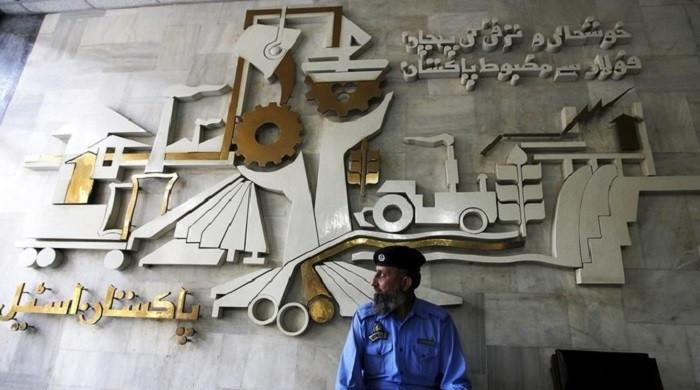Islamabad: More than 15 state -owned companies (SOEs) have compiled a staggering RS5.89 trillion in combined losses, according to the Ministry of Finance, which renews concern for the economic health of Pakistan’s public sector, marred by management and reform gap.
The figures covering the first half of the financial year 2024-25 (July to December 2024) highlight sustained losses across key sectors, especially energy and infrastructure, the Ministry’s central surveillance unit (CMU) said in its half-yearly performance report.
The ministry said the total income fell by 8% and the profits fell by 10% during the first half of FY25.
The MCU report reveals that the National Highway Authority (NHA) emerged as the largest loss maker, with the cumulative deficit reaching RS19.53 trillion. In just six months, NHA recorded a new loss of RS153.27 billion.
Power Distribution Companies (Discos) also continued to blow money. Quetta Electric Supply Company (Qesco) reported losses of RS58.10 billion in the six months, while Sukkur-based SEPCO lost RS29.60 billion. Sepco’s total loss has now risen to almost RS473 billion.
The situation is not better at Peshawar Electric Supply Company (PESCO), which released a six-month loss of RS19.68 billion, which brought its overall deficit to almost RS685 billion.
The report shows that the electricity sector remains an important source of circular debt, where commitments are now on RS4.9 trillion. The electricity sector alone accounts for RS2.4 trillion of the total amount.
Pension obligations also add financial pressure. The report estimates that pending pension payments are quilted to RS1.7 trillion.
Among other troubled units, Pakistan Steel Mills released a six -month loss of RS15.60 billion, pushing its total loss to RS255.82 billion. Meanwhile, Pakistan Agricultural Storage and Services lost Corporation (Passco) RS7 billion over the same period.
According to the Ministry of Finance, distribution companies continue to show a worrying tendency for growing losses.
Under the semi-year report, SOE’s RS6,459 trillion earned in gross income during July to December 2024-one drop 7.9% compared to the same period last year. The fall was mainly due to falling global oil prices and lower domestic interest rates that hit earnings for oil companies and banks.
The total profits for all SOEs fell to RS457 billion. Loss -making companies recorded a total loss of RS343 billion. After adjusting for these losses, the total net profit for RS114 billion, slightly better than RS101 billion profits recorded a year earlier came.
The SOEs’ overall economic health showed a slight improvement. Their total obligations increased by just over 1% to RS31.09 trillion, while the value of their assets increased by 3.75% to RS37.72 trillion. As a result, their net – the difference between assets and obligations – increased by almost 19%and reached RS6.63 trillion.



